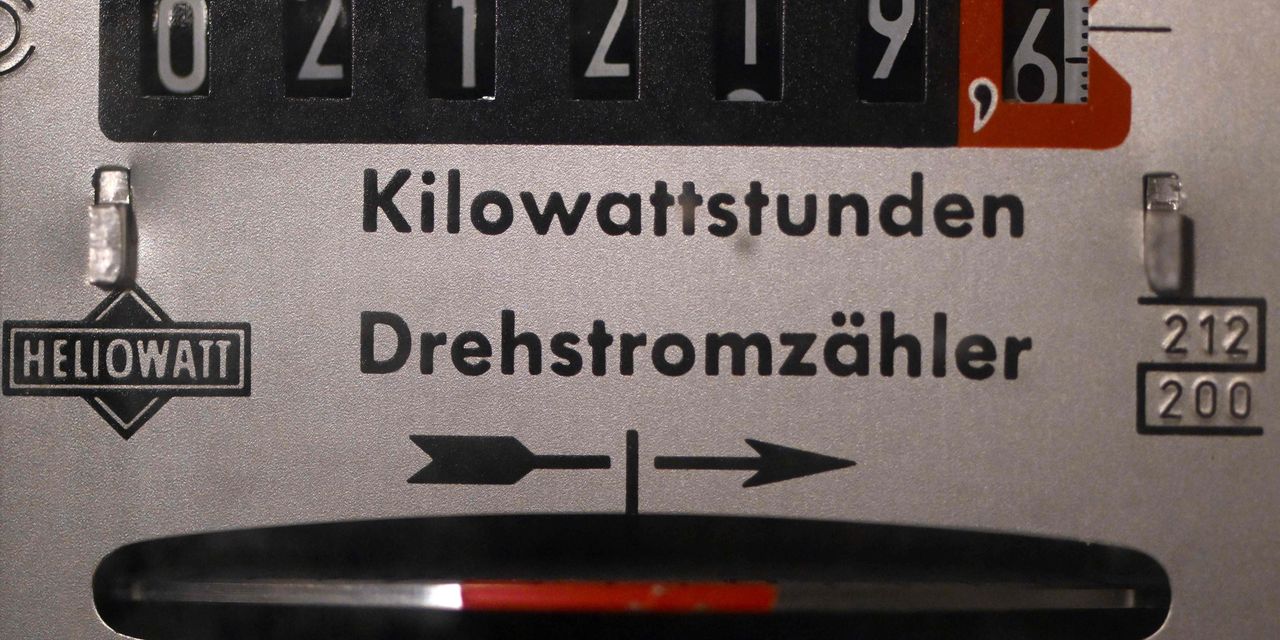Russian President Vladimir Putin’s brutal war on Ukraine has resulted in Western Europe shaking off its dangerous dependence on Russian oil and gas. It isn’t hyperbole to say that this is a big deal.
Before the war began in February 2022, Russia supplied about one-third of Europe’s natural gas. Europe was also the destination for almost half of Russia’s crude and petroleum product exports, according to the International Energy Agency (IEA).
Putin saw this as leverage. Yes, the West might squawk about his invasion, he reasoned, but its thirst for energy would supersede any efforts to assist Ukraine in meaningful ways. After all, such efforts could result in his turning off the taps, a move that Putin thought would plunge Europe into a cold, dark winter and deep recession.
He was wrong. Military aid flowed into Ukraine, and Putin cut off the gas. But what of it? Europe has emerged from a challenging winter, and guess what? No recession. The Euro Area economy expanded 1.8% year-on-year in the last quarter of 2022, says Trading Economics, citing Eurostat data. It adds that for 2022 as a whole, Eurozone GDP expanded 3.5%.
Lower energy prices have supported Europe’s GDP — something that Putin didn’t anticipate. Capital Economics, a London-based consulting firm, says the net cost of natural gas, relative to GDP, will fall by more than half in Germany, France, Italy and other major European countries. In the U.S., the St. Louis Federal Reserve notes that spending by U.S. households on energy goods and services—while still elevated—has fallen sharply since June 2022.
“ What winter gave, summer could take away. ”
Yet no one on either side of the Atlantic should breathe a sigh of relief. A warmer-than expected winter helped tamp down Europe’s energy demand. Capital Economics notes that the savings from cheaper natural gas represents about 3.5% of Italy’s GDP, and about 2% for Germany, Spain and Portugal.
Europe’s mild winter could be followed by a blistering summer, as in 2022, when record heat baked much of the continent, straining energy supplies and sending prices surging. What winter gave, summer could take away.
But there is another reason that Europe has been able to maintain its economic equilibrium in the face of massive energy upheaval. It is something that gives the West a major, structural advantage over the authoritarian regimes in Moscow and Beijing: In open, free market economies where capital and ideas flow faster to where their yield can be maximized, adjustments can be made quickly when circumstances — like a major war — intrude.
Putin shut off the gas? Supplies were quickly replaced. America is racing to beef up export capacity for liquified natural gas while Europe is doing the same on the import side.
In authoritarian societies, with their penchant for censorship and repression, it’s harder for ideas and information to flow quickly — thus inhibiting their ability to adjust as efficiently. This broad dynamic, evident during the Cold War, is on display again. This helps explain how Europe kept the lights on this winter and dealt the dictator in the Kremlin a setback.
Also read: Oil prices soar after Saudi Arabia leads coordinated OPEC+ cuts totaling more than 1 million barrels a day
More: America’s most powerful weapon to beat China and Russia in Cold War 2.0 is free trade
Read the full article here








